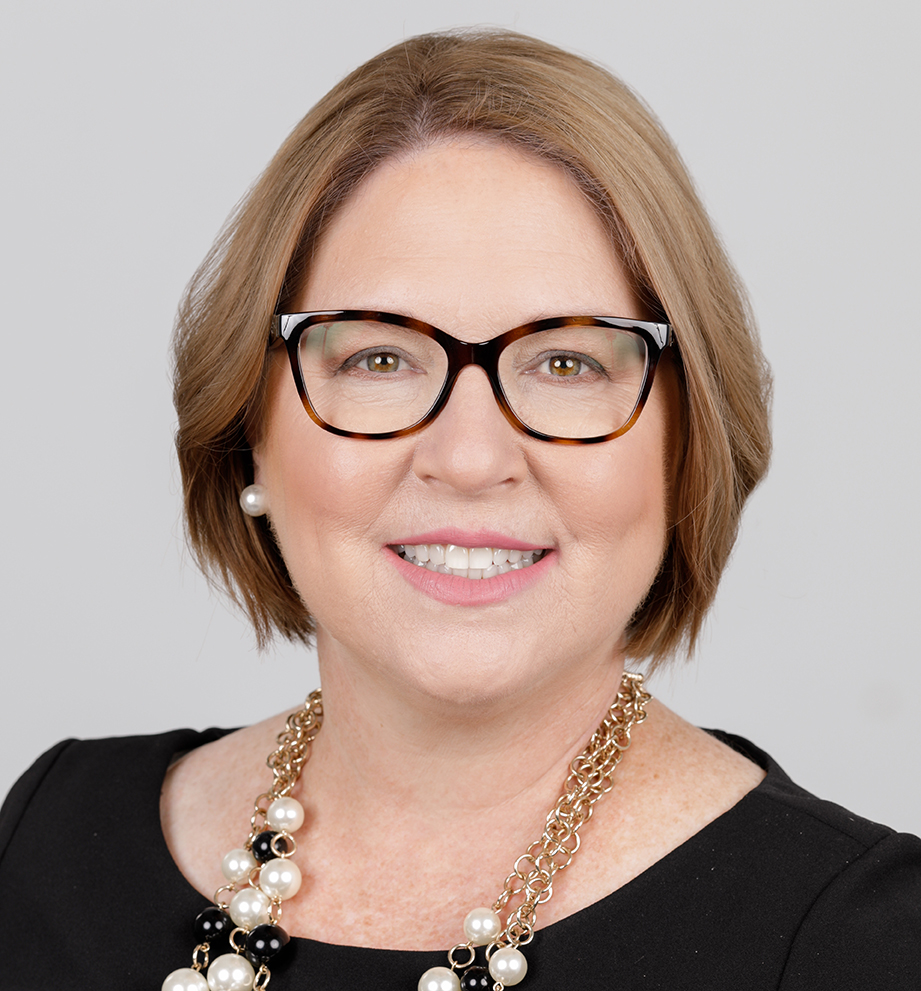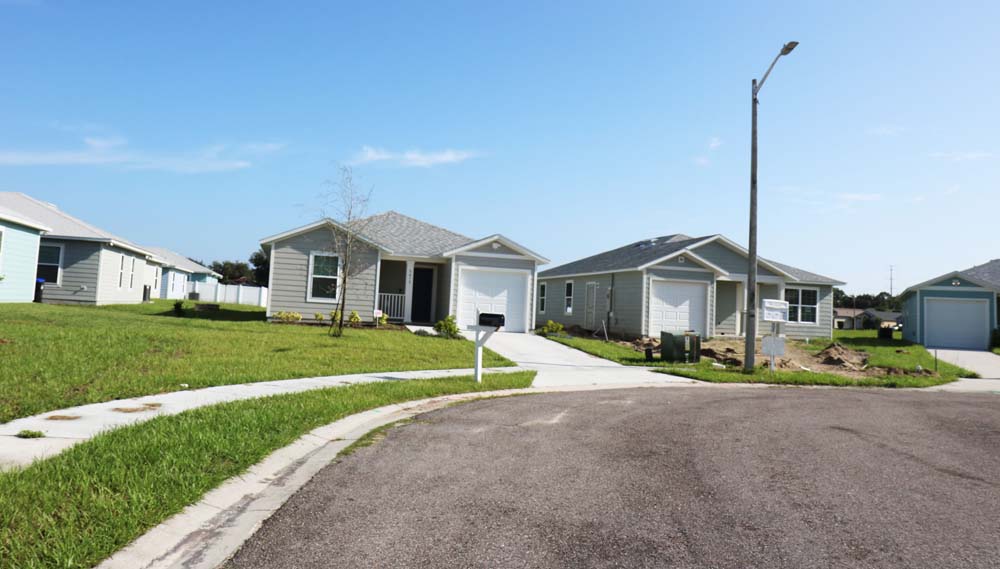
McManus
When the Florida Legislature convenes on May 23 for a special session, it is expected to address what has been appropriately called “a state of absolute crisis.” Homeowners insurance rates are poised to continue escalating above rates already 36% more per year than other catastrophe-prone states. Policies are being canceled. Carriers are leaving the state altogether.
If there is a silver lining, the pain felt by runaway insurance costs should make clear the threat to regional economic stability reflected by the broader challenge of affordable housing.
It is tempting to treat homeowners insurance and affordable housing as separate issues, but the two are intertwined in what policy experts call a “wicked problem” — where there is no isolated or straight-forward connection between cause and effect. Imagine adjusting one control in your car only to see the rest of the controls moving on their own as a result. Apply the brake and the air conditioning turns off but the radio gets louder. With wicked problems, too many variables are at play and interconnected such that every problem is a symptom of another.
Consider the dizzying relationships that illustrate the wicked problem at the center of the Florida housing market, which has seen the average sales price increase from $178,000 to $392,000 in nine years. That’s more than double. The average sales price for first-time buyers increased from $118,000 to $260,000 between 2012 and 2021. The supply of houses for sale — at any price — decreased from 2.8 months in June of 2020 to 0.9 as of December 2021.
What’s going on? It’s complicated. The lack of affordable housing supply can be tied, in part, to runaway homeowners insurance premiums, which escalate operational costs that, in turn, make it less attractive to build or maintain affordable housing either for sale or rent. In a market enjoying nearly insatiable demand for higher-cost (and higher-profit-margin) houses or rental properties, market incentives work against the need for lower-cost houses at lower margins. Wicked problems don’t fix themselves.
What’s driving the homeowners insurance costs? The high volume of damage claims and related lawsuits provides some indication. As reported by WKMG’s Justin Warmoth, there were 117,000 property claims filed for litigation in 2021. The rest of the country accounted for 900 such lawsuits.
The list of factors contributing to the wicked problem of affordable housing continues: land prices, zoning rules, growth policies and the mismatch between wages and rent or ownership costs.
Addressing the wicked problem of affordable housing requires innovation in at least three areas. First, aligning measurement efforts should track both individual and collective impact of the policies and programs currently in place and those pending legislative action. Institutionalizing new levels of coordination among service providers can create efficiency and improve effectiveness in providing relief to residents. And greater use of braided and blended funding from both the public and private sectors will serve as the connective tissue sustaining collaboration systemwide.
All of the above requires a sustained commitment on the part of all the stakeholders. As we watch for legislative action to move one or more of the controls, look for updates from Habitat for Humanity Greater Orlando and Osceola County and join us in pursuing innovations worthy of the wicked problem we face.
Catherine Steck McManus is president and CEO of Habitat for Humanity Greater Orlando and Osceola County.
The Orlando Sentinel published this guest column from President & CEO Catherine Steck McManus on April 26, 2022. Read it on their website here.


Recent Comments